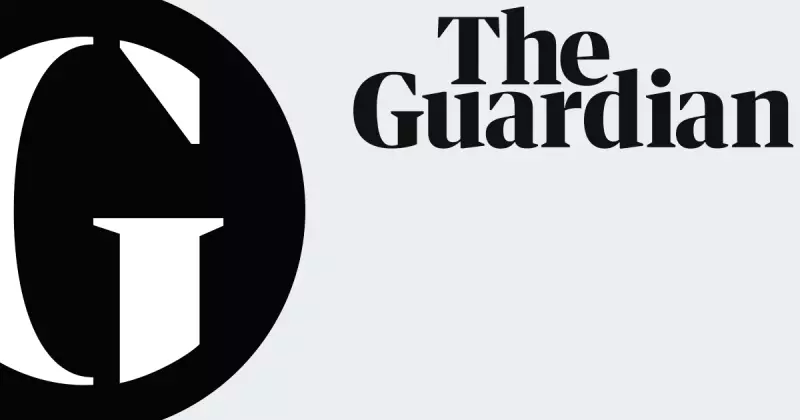
In a controversial statement that has ignited legal and political debate, former President Donald Trump has asserted he could potentially pursue a third term in the White House - not as president, but as vice president.
Constitutional Question Raised
The remarkable claim suggests Trump believes the 22nd Amendment's two-term limit for presidents wouldn't prevent him from serving as vice president after completing two terms in the Oval Office. This interpretation has been met with significant scepticism from constitutional scholars.
Legal Experts Express Doubt
Legal analysts have been quick to question the validity of Trump's assertion. Most constitutional experts maintain that the spirit and intent of the 22nd Amendment would prevent a two-term president from returning to executive power through the vice presidency.
Key concerns raised include:
- The constitutional provision stating the vice president becomes president if the office becomes vacant
- Historical precedent and legal interpretation of presidential succession
- The original intent behind term limit amendments
Political Implications
The statement comes amid ongoing speculation about Trump's political future and potential running mates for the 2024 election. This unusual constitutional theory adds another layer of complexity to an already unprecedented political landscape.
Political opponents have seized on the comments as evidence of what they describe as Trump's "disregard for constitutional norms," while supporters view it as creative thinking about presidential eligibility.
As the debate continues, one thing remains clear: Trump's latest comments have succeeded in pushing constitutional boundaries back into the political spotlight, ensuring vigorous discussion about the limits of presidential power in America's democratic system.





